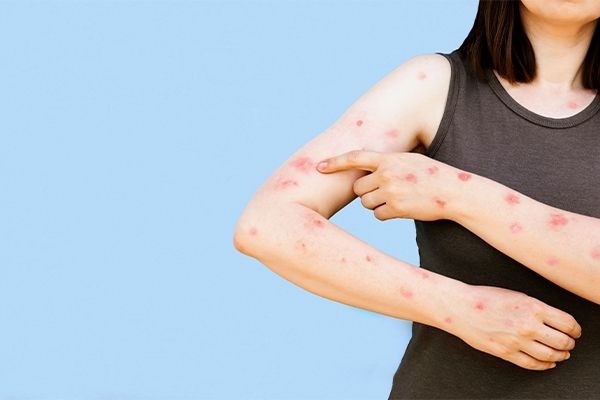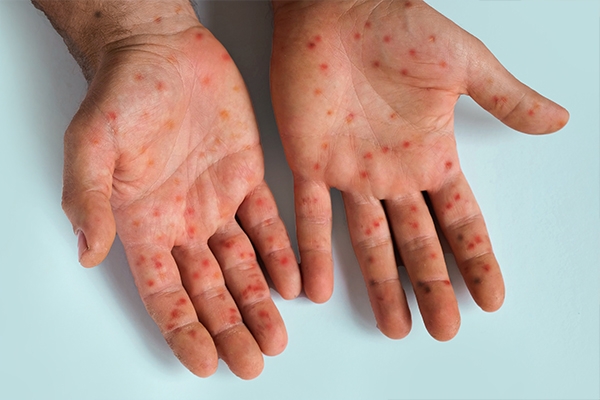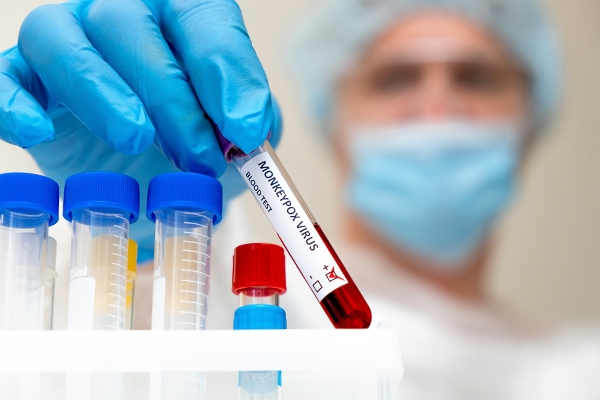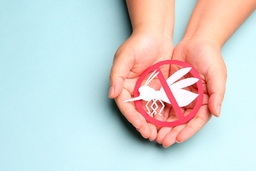The Mpox Comeback: What You Need to Know

Engaging in sexual activity with multiple partners increases the risk of various infectious diseases, such as monkeypox (Mpox). This disease was first identified in 1958 and has now resurfaced as a significant concern.
As of October 2023, the Ministry of Health reported 73 cases of monkeypox, 12 of whom lived in the Jakarta area, and the number continues to increase. The investigation revealed that the victims were HIV-positive individuals with a bisexual orientation. Currently, in August 2024, the Ministry of Health reported 14 cases.
Upon investigation, it was revealed these individuals were males living with HIV and had a bisexual orientation. However, the World Health Organization (WHO) warns that anyone is at risk of infecting Mpox, especially children, pregnant women, or individuals with weakened immune systems.
Mpox is caused by Orthopoxvirus, which belongs to the same virus family as smallpox. The virus was initially discovered in monkeys used for research, hence its name. The first cases of Mpox in humans were reported in 1970 in the Republic of the Congo.
Mpox is a zoonotic virus that transmits from animals to humans and vice versa. It can infect many mammal species, including rodents, squirrels, and all primates.
Transmission from animals to humans occurs through direct contact with the blood, bodily fluids, infected animal skin, or meat consumption. Person-to-person transmission can also occur through contact with the skin of an infected individual, contaminated objects, and, in some cases, through droplets from the infected person.
Symptoms

Mpox symptoms typically appear after an incubation period of 5 to 20 days and involve fever, chills, muscle pain, eye pain, sore throat, and fatigue. Some people have cold and flu-like symptoms, such as fever and swollen glands.
Symptoms appear about three weeks after exposure. Recovery takes 2 to 4 weeks or more, depending on one's immune system.
Then, a rash appears 4 to 5 days later, developing into fluid-filled blisters that may be painful or itchy. After the rash heals, the sores dry, harden, and eventually peel off. Monkeypox is not contagious after this phase.
The number of lesions can vary from person to person. Some may have only a few, while others may have hundreds.
Lesions can appear on various parts of the body, such as the palms of the hands and soles of the feet; the face, mouth, and throat; the groin and genital area; and the anus.
In some cases, the disease can lead to complications, such as lung problems and bronchopneumonia. The virus can also cause eye infections and cornea scarring, resulting in permanent vision loss.
Prevention

The primary way to prevent monkeypox is to avoid close contact with primates and rodents, such as monkeys, squirrels, and infected people.
These are prevention measures:
- Avoid close contact with people who have recently been diagnosed with Mpox.
- Wear a mask or personal protective equipment if you must have direct contact with or care for patients.
- Wash your hands with soap and water or use alcohol-based hand sanitizer (at least 70% alcohol) after contact with patients or infected animals.
- Consuming thoroughly cooked meat.
- Avoid sharing personal items, such as utensils, towels, and bedding.
- Practicing safe, clean, and healthy sexual behavior.
Mpox patients require treatment and vaccination. Treating Mpox aims to manage symptoms, such as rashes and pain, and prevent complications. Anyone with Mpox must stay hydrated, eat well, and get enough rest.
Meanwhile, vaccination helps prevent infection for those who have close contact with patients or are at high risk of infecting Mpox. Vaccination is administered 4 days after contact or 14 days if there are no symptoms.
The global vaccine used for Mpox is a modified smallpox vaccine.
Can Mpox be cured?
Most people with Mpox have recovered fully without treatment. However, its symptoms are similar to those of other diseases, such as chickenpox, herpes, or syphilis, so a doctor's diagnosis is crucial.
If you get rashes or other symptoms similar to Mpox:
- Visit a healthcare provider if you have symptoms or have had close contact with a Mpox patient.
- Medical teams may recommend laboratory tests to confirm the diagnosis.
- Avoid close contact, including sexual intercourse, with anyone.
- Wear a mask.
If the diagnosis points to Mpox, isolating yourself during the infectious period is crucial. This contagious period lasts from the onset of symptoms until the lesions heal and scabs fall off, usually lasting 2 to 4 weeks.
If you experience symptoms like those described above, immediately contact WhatsApp or the GWS Medika health clinic. To help maintain endurance, GWS Medika also provides immune booster injection services. Our medical team will provide several vitamin options according to your needs.



